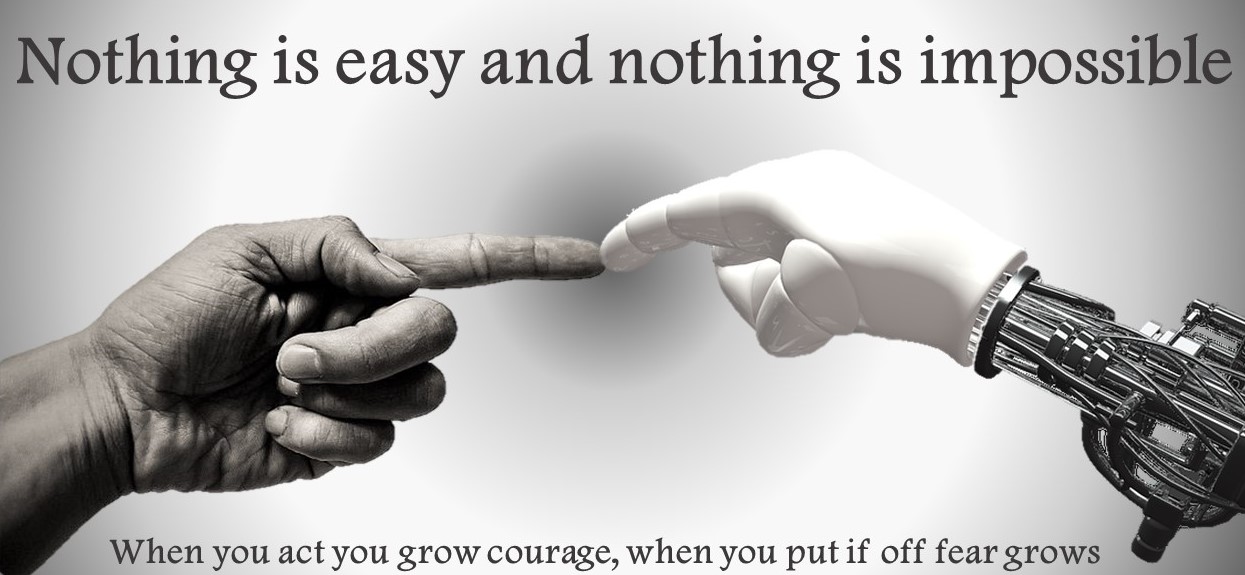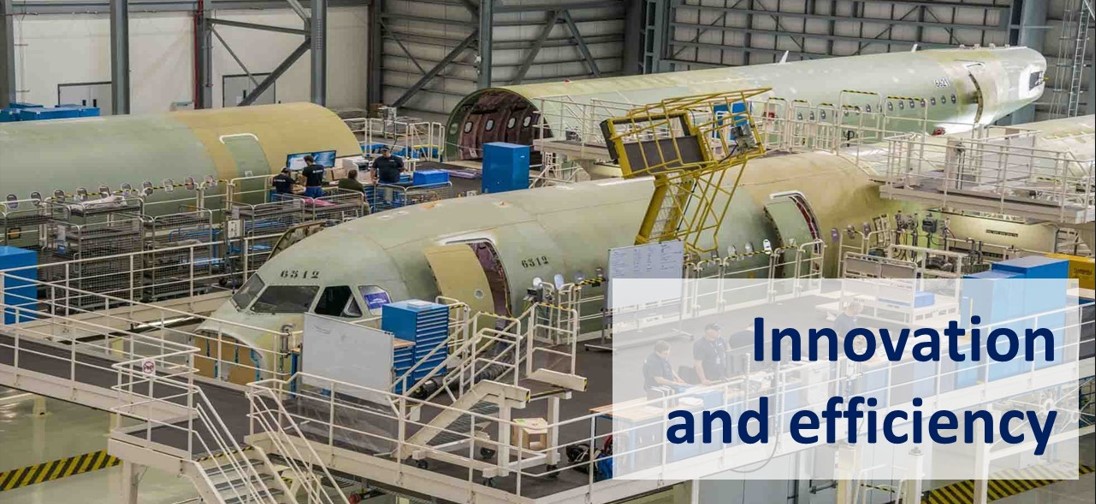

The MES or “Production Planning System“, module of Thesi Evolution Sphere is integrated with the MRP and any Industry 4.0 modules and is one of the best technologically advanced tools on the international market. The system is aimed at companies that work in the field of production in the various sectors of industry and is designed and developed by Sintel in Italy, the second largest manufacturing country in Europe.

¤ Automation of production processes;
¤ Interconnection of production plants through new technologies;
¤ Centralization and storage of information.
¤ The working conditions in the company are significantly improved;
¤ The Plant Manager has full control of the processes and their progress;
¤ The production quality of plants and finished products increases and all resources are used in an optimal way;
¤ The company increases its competitiveness on the market;
¤ Business productivity increases significantly;
¤ Reduction of waste;
¤ Management of stocks in real time;
¤ Increases the quality of services offered to customers for greater speed and punctuality in delivery, higher product quality and completeness of service.

The APS or “Advanced Planning System” is a function developed for an Advanced Planning System that allows the Plant Manager to view all the information from the Production area, Logistics area or Warehouse on their “Production Dashboard“. The Plant Manager has the ability to follow the entire life cycle of the product, from the entry of raw materials into the plant for production and/or processing, up to the assembly and testing operations and the dispatch of finished and/or semi-finished products. to loading docks for shipping and/or delivery to the customer.
The “Management Dashboard” comes with a quadrant display connected to the Production area, the Logistics area and the Warehouse. The Dashboard can be pre-set at the time of supply and configured based on the needs of the customer who can deal with either production, integrated logistics or both. The Plant Manager, equipped with a Touch Screen Panel according to the Industry 4.0 model, has the opportunity to find specific, real time, during the planning phase, information regarding: raw material requirements, planned activities on the lines and production launches , programs in progress, customer requests and delivery planning, availability of finished products, positioning of the goods made and / or processed in the warehouse (finished and / or semi-finished products), positioning of the incoming goods or incoming logistics (raw materials and / or or semi-finished products), positioning of outgoing goods or outgoing logistics (finished and / or semi-finished products), positioning of goods along the Supply Chain.
Through the “Operational Dashboard”, the Plant Manager can: carry out the planning of raw materials, carry out the planning of labor with allocation of shifts to the production lines, carry out the planning of production cycles, carry out constant monitoring of activities by line and analysis of standard times, determine the availability of finished products, carry out the order fulfillment, prepare the loading and return documentation from subcontracting, carry out the analysis of productivity (downtime, processing waste, etc …).
The System is characterized by specific filters that allow the Plant Manager to carry out searches for the replacement of components from the BOM during the production planning phase with The Production Dashboard.
Raw materials and / or semi-finished products can be tracked, in real time, within the production process, in the incoming logistics process and in the outgoing logistics process and also along the Supply Chain through the production SIPs (Unique sheet production identification) which are the internal labeling system of the ERP and / or through the GS1 SSCC code that is included and integrated into the System. The customer has the possibility, through the use of this tool, to track production by single package or by loading unit (packaging). The system also allows real-time inventory management with traceability of batches of raw materials, semi-finished and finished products.
Within the production process, the system offers the customer not only the ability to detect defects by analyzing waste, but also to trace a defective or non-compliant product to the supplier.
The items to be produced are proposed based on the production capacity of the plants and the availability of raw materials in stock.
On the Grid of open launches, it is possible to view how much material has already been produced and how much remains to be produced.
This function allows you to simulate production launches and if all the materials necessary for a given production cycle are not present in the warehouse, the system allows you to automatically carry out the RDA to supplier. The sending of the RDA to administration, if confirmed, automatically sends the order to the supplier and allows not only the provision of what is necessary but also the restoration of stocks in the warehouse. Simulations can be performed without impacting normal operation and saved where needed.
The system allows you to check “the date” the goods ordered from the supplier are available.
This feature not only facilitates the production planning process but reduces the stock of unused or less frequently used raw materials in the warehouse.
Consequently, it reduces the immobilization of financial resources.
The System allows to integrate external sub-suppliers into the production cycle, to plan activities and management of external production warehouses and integrates the management of Supply Chain Management with a rapid integration of all companies linked to the supply chain. The System produces documents in EDI interchange format in order to allow efficient management of the supply chain or Supply Chain. The SCM module allows to integrate in the subcontractor-external cycle, the control of stocks and of the available semi-finished product, loading documents and returns from subcontracting, control and direct management of external processing. The direct control and management of external processing provides information in real time and allows you to better plan and manage both internal and external processing cycles. A further increase in functionality for the interface EDI ODETTE (Electronic Data Interchange) STANDARD UN/EDIFACT for the electronic transmission of documents, allows you to insert our Management System in the proposals for companies in the sector of European manufacturing activities for the Automotive.
The Production Report is made directly from the Operator Control Panel, a function installed on the Operational Dashboard that allows you to consult, in real time, any information coming from the production area.
The Plant Manager can obtain reports on rejects and on any real-time line stops.
The use of this function has several advantages:
¬ waste analysis;
¬ reduction of data entry times;
¬ elimination of the use of paper sheets in line with the policies of the Green Economy;
¬ possibility to consult the data more easily;
¬ possibility of carrying out production statistics and analysis;
¬ the quality control process is greatly facilitated.
